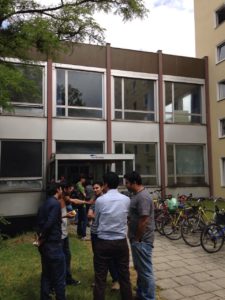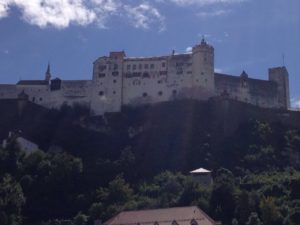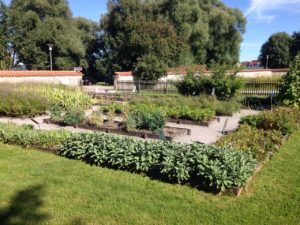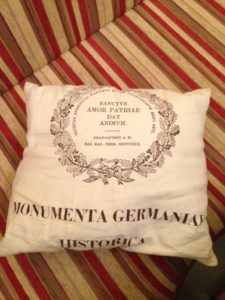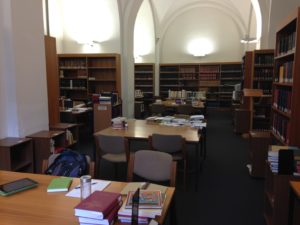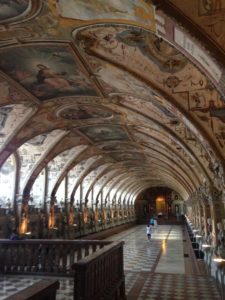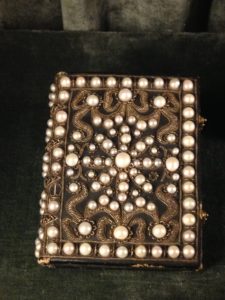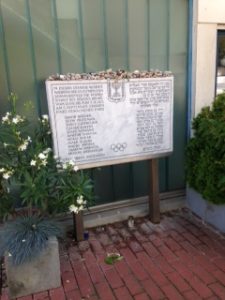Although tomorrow is the last day of my program, I would like to give my Post-Program reflection now, because it seems that September 2 is the deadline to upload it. Here they are:
- Reflect on your language learning and acculturation during your SLA Grant experience.
This two-month SLA experience greatly helps me with my German learning. It is the first time for me to be put into a German language environment. In the past, both in China and in the U.S., my German learning focused only on grammar and reading. This summer, thanks to the SLA Grant, I have to use German to survive, both in and outside Carl Duisburg Center class. I think it is a breaking experience for me, which builds my confidence to improve German in a more balanced way. The teachers in class made us speak only in German. It turns out to be a very effective method to develop the habit to “think in German.” I think I have basically met the goals that I set for myself before I started the program: now I not only have confidence to speak German, but also read German scholarly literature more fluently, because German as a language feels much more intimate to me.
- Reflect on your SLA Grant experience overall.
For me, the SLA Grant experience this summer is a learning tour, not only because I practice German sufficiently inside and outside class, but also because I have opportunity to personally put my feet on a lot of German places. European history is my academic specialty. This summer, besides Munich, I have visited Regensburg, Bamberg, Salzburg, Cologne, Aachen, Reichenau. In the past, I met these place names hundred of times in papers and books, but never saw them personally. Thanks to the personal encounter with the landscapes of these old cities and the historical remains preserved in their museums, the history that I study has never been more live to me after this summer. For those who prepare to start their own summer language study, I would like to suggest that you choose the target city carefully. Because I planned to visit several cities in south Germany, I chose Munich, and it turns out to be a right choice.
- How do you plan to use your language and intercultural competences in the future?
As I said, this SLA Grant experience has built my confidence to speak German. It is a good start. I need to keep learning and practice. In the past, every time I met German or Austrian scholars in conference or other academic occasions, I naturally chose to talk to them in German. In the future, I decide to try to use German in oral academic communication. Moreover, I am thinking about finding a language partner when I come back. This experience in summer has proved how important a language environment is for a learner. Though I cannot always stay in Germany, I want at least to take effort to create such a language environment – by speaking with a native speaker – at least a couple of hours every week. Lastly, I would like to try to apply for a exchange program (DAAD, for example) to do my research in Germany for half a year or a year. This summer, I have proved that I can handle living in Germany and study effectively here.
